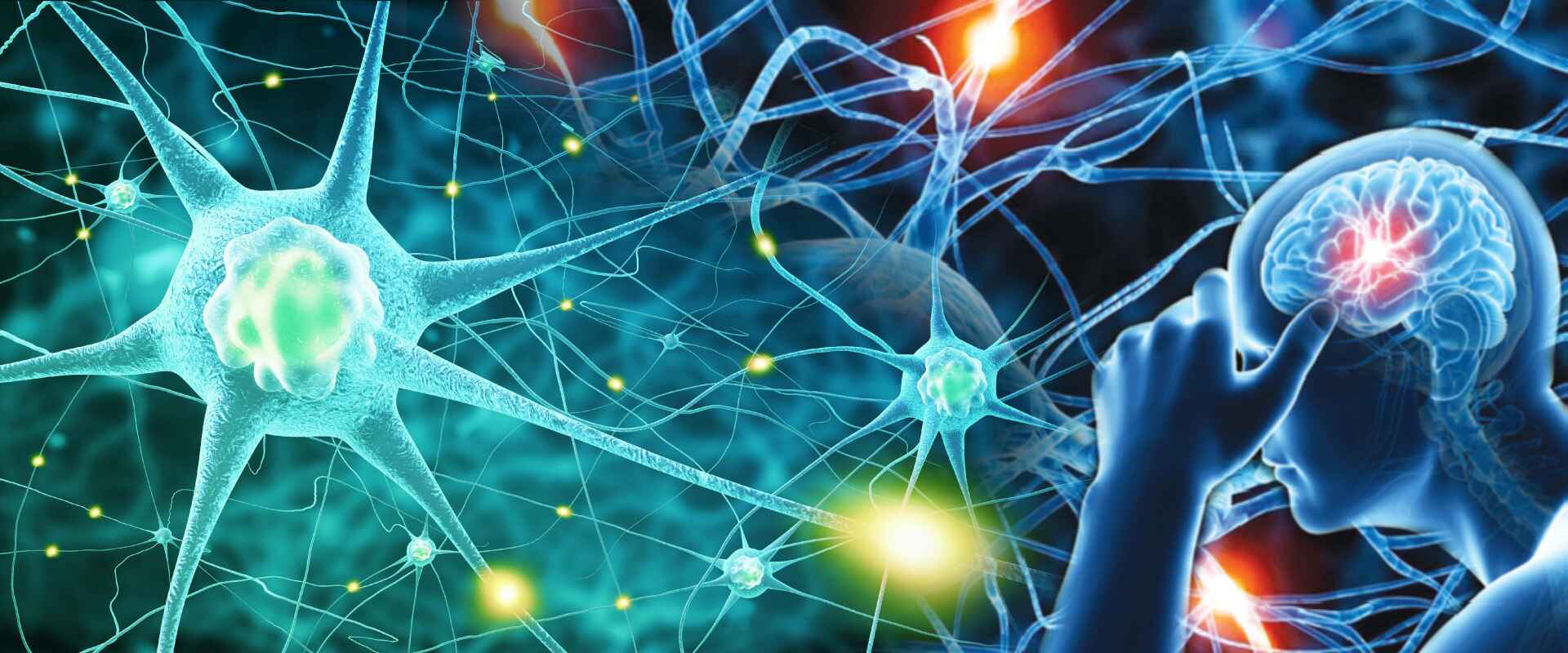How to measure the impact of the COVID-19 pandemic on quality of life: COV19-QoL – the development, reliability and validity of a new scale
Keywords:
The COVID-19 pandemic, severe mental illness, quality of life, mental health, validity, reliabilityAbstract
Objective: The primary objective of this paper is to present a short measure of perceptions on the impact of the COVID-19 pandemic on quality of life, along with analysis of its reliability and validity in non-clinical and clinical samples. Methods: The scale was named The COV19 – Impact on Quality of Life (COV19-QoL) and it consists of six items presented in the form of a 5-point Likert scale. The items (i.e. statements) cover main areas of quality of life with regard to mental health. The scale was administered to 1346 participants from the general population in Croatia (the non-clinical sample) and 201 patients with severe mental illness recruited from four European countries (Bosnia and Herzegovina, Montenegro, North Macedonia and Serbia), constituting the clinical sample. The clinical sample was part of the randomised controlled trial IMPULSE funded by the European Commission. Data on age and gender were collected for both samples, along with psychiatric diagnoses collected for the clinical sample. Results: Main findings included a high internal consistency of the scale and a moderate to strong positive correlation among participants’ scores on different items. Principal component analysis yielded one latent component. The correlation between participants’ age and their results on COV19-QoL was negligible. Participants’ perceived quality of life was the most impacted domain, whereas mental health, personal safety and levels of depression were the least impacted domains by the pandemic. Discussion: The COV19-QoL is a reliable and valid scale which can be used to explore the impact of COVID-19 on quality of life. The scale can be successfully used by researchers and clinicians interested in the impact of the pandemic on people experiencing various pre-existing mental health issues (e.g. anxiety, mood and personality disorders) as well as those without such issues.

